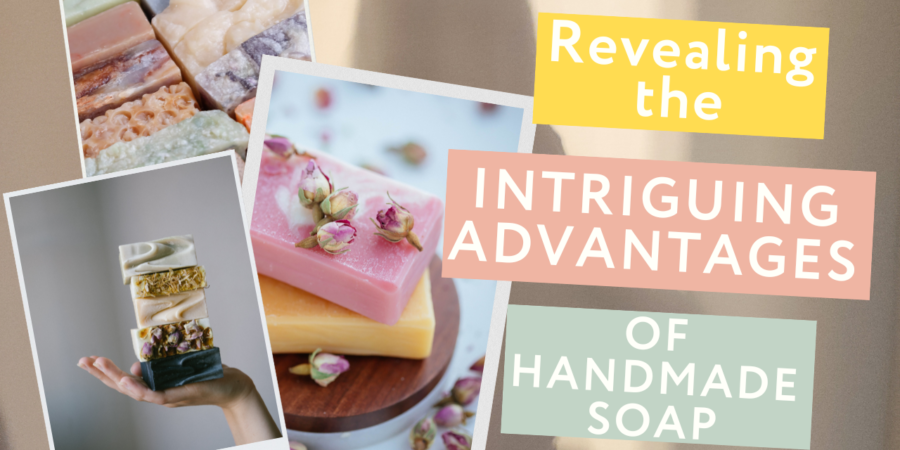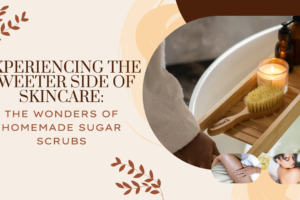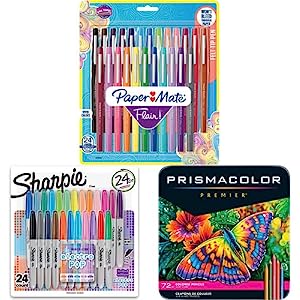
Revealing the intriguing advantages of handmade soap has been a topic we’re all curious about. You know that smell, right? The comforting one that’s a blend of essential oils, just-cut lavender, and the earthy scent carried by your grandmother’s favorite rosemary shrubs? That’s the luscious embrace of a handmade soap. Brace yourself, buddy! We’re about to dive into the sudsy waters and unveil the benefits of artisan soaps.
I. The Allure of Handmade Soaps

A. Introduction to Handmade Soaps
Handmade soaps might sound like something straight out of a Jane Austen novel, but they’re as modern as a cutting-edge VR game. From the ancient civilizations of Babylonia to your trend-savvy friend’s bath caddy, these soaps have come a long way. Though the technique has shifted dramatically since our ancestors first mixed animal fats with wood ash – thank goodness – handmade soaps have held their ground, and today are the heroes of a multimillion-dollar industry.
B. Distinguishing Handmade Soaps from Commercial Soaps
I know you’ve used commercial soaps—they are like the Wallace to Gromit potato chips. But the difference between them and handmade soaps is like the difference between fast food and home cooking. I’m talking real ingredients and care being put into production. Commercial soaps are primarily detergent based, while handmade ones often include ingredients like olive oil, shea butter, or coconut oil. This is like comparing Bambi to Godzilla — no match!
C. The Popularity Surge of Handmade Soaps
Social media – the bandwagon for trends – has definitely played its part in mounting the popularity of handmade soaps. With people seeking healthier and more natural alternatives to almost everything, handmade soaps are in the limelight like Toto at a dog show.
II. The Measure of Quality: Ingredients & Production Process

A. The Role of Natural Ingredients
The choice of ingredients in handmade soaps is like casting for a great film. Every element picked plays a vital role in shaping the end product. Natural ingredients like goat milk, honey, olive oil, make up the star-studded cast of handmade soaps, offering the skincare equivalent of a red-carpet experience. From providing natural moisturizers to adding a pleasant fragrance, these ingredients put conventional soap bars to shame.
B. The Craftsmanship in Soap Making
Now, this is where it gets really exciting! Making soap is an art as old as time. Each artisan soap maker brings a unique touch to the process—some prefer the cold process, some go for hot, and others might even use a melt and pour base. Like individual notes in a symphony, these processes coalesce to deliver the most melodious soap experience.
C. Comparing Industrial and Handmade Processes
While commercial soap making is like a rushed Monday morning routine (bland, noisy and chaotic), the handmade soap production process is akin to a relaxed Sunday brunch—carefully planned, lovingly made, and filled with joy. In commercial soap-making, the “go, go, go” attitude often compromises quality. On the other hand, the artisanal soap-making process gives soap the time it needs to say, “Okay, I’m ready. Let’s softly cleanse someone’s skin now.”
III. The Health and Skin Benefits of Handmade Soaps

A. Nourishing the Skin
Remember the last time you pampered your skin with a posh treatment? Just like that spa day, a handmade soap pampers your skin with top-notch ingredients. Rich in vitamins and minerals, these soaps provide intense nourishment—like feeding your skin a wholesome salad.
B. Addressing Skin Problems
Handmade soaps are like those friends who come through when you’re in the trenches—with skin issues like acne, dryness, or eczema. Every soap is a unique blend designed for specific skin types, addressing particular problems. Imagine a world where a bath could help in your fight against acne—welcome to the world of handmade soaps!
C. Gentle on Skin
Unlike their commercial counterparts, handmade soaps don’t strip your skin of its natural oils. They are as light and friendly as a kitten on a cotton-candy cloud. So, why mount an assault on your skin with harsh detergents when you can get it cleaned with love?
IV. The Environmental Perspective: Handmade Soaps and Sustainability

A. Reduced Chemical Footprint
Handmade soaps don’t just take care of your skin; they even help in taking care of our planet! By avoiding harsh chemicals, they leave a smaller chemical footprint—much like treading lightly in a flower garden to avoid crushing the blossoms.
B. Sustainable Packaging
Handmade soaps come wrapped in packaging deserving of their artisan charm. From recycled paper to bio-degradable cellophane, their packaging materials are typically eco-friendly. It’s like getting your groceries in a reusable canvas bag instead of plastic ones.
C. Promoting Small-Scale Producers
Just like shopping local helps your neighborhood bakery, buying handmade soap helps small-scale, often local, producers. As you lather up for your morning shower, know that you’re supporting a craftsperson’s livelihood and adding a brick to the building of economic sustainability.
V. Making the Switch: How To Choose Your Handmade Soap

A. Identifying Your Skin Type
Remember that time you thought you were an extrovert, only to realize you’re more of an ambivert? Much like identifying your personality type, determining your skin type is the first step toward choosing the perfect soap.
B. Criteria to Consider
Choosing a handmade soap isn’t as challenging as choosing a Netflix series from their endless options. Consider the soap maker’s reputation, the ingredients they use, the soap’s price (yeah, some would cost you a movie ticket), and its sustainability.
C. Where to Buy
You don’t have to backpack through Europe to find the perfect handmade soap. Hit the web, and you’ll find a plethora of options, from small online boutiques to large e-commerce platforms. Remember, trust and reputation are key!
VI. Conclusion and FAQs

A. Summarizing the Advantages
Handmade soaps are like that perfect muffin at a quaint café—not just another ‘add to cart’, but an experience that revitalizes you, cherishes your skin, and keeps the earth smiling.
B. Inviting to Make the Switch
It’s laughably easy to make the switch. So, why not bid adieu to old reliable (yeah, the commercial brand), and embark on a soapy adventure filled with benefits for you and the environment alike?
C. FAQs
Expect a few queries to pop up as you explore the realm of artisan soaps—like “Which soap would best suit my skin?” or “How do I ensure I’m buying sustainable products?” That’s okay! You have every right to know all about the sudsy joys that await you. So, don’t hesitate, ask away!
P.S. Keep your towel handy. After diving into this world of handmade soaps, you’re definitely going to want to get wet.
Take the leap and try our Little Soaps: https://staytruebytnt.com/product/little-soaps/
Read about the products I use: https://www.bulkapothecary.com/











